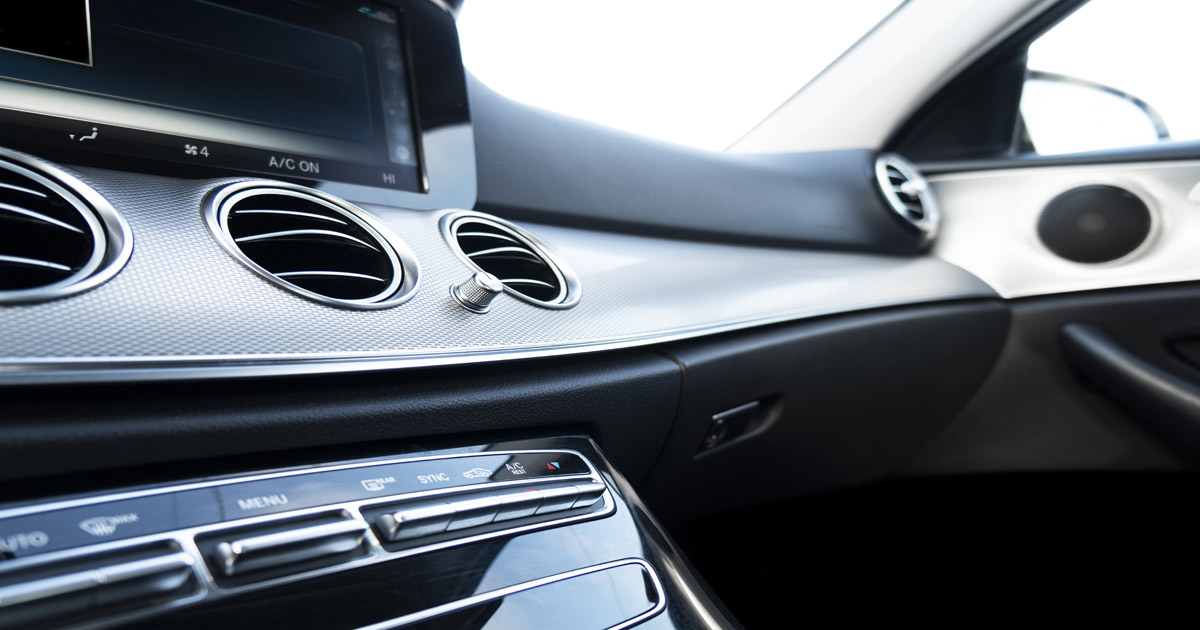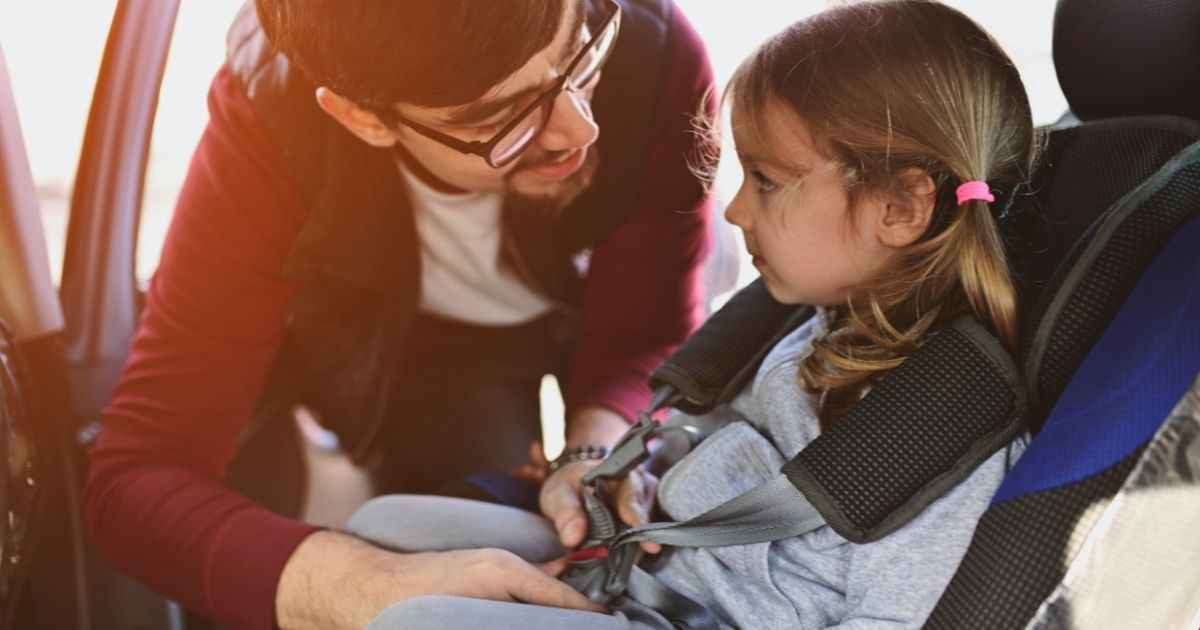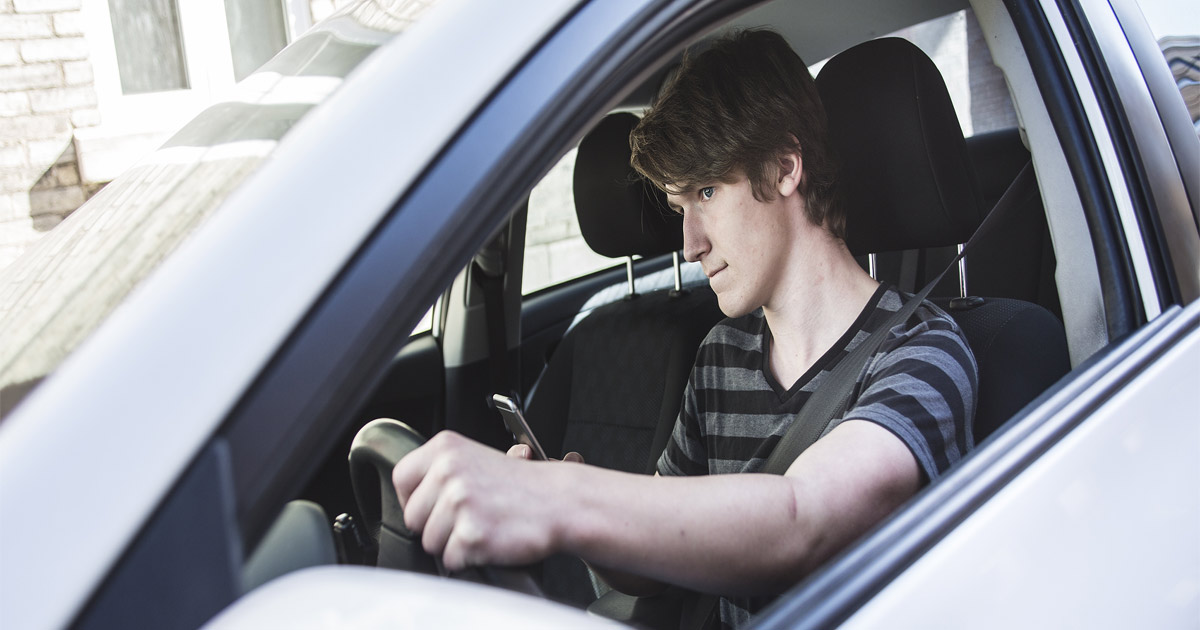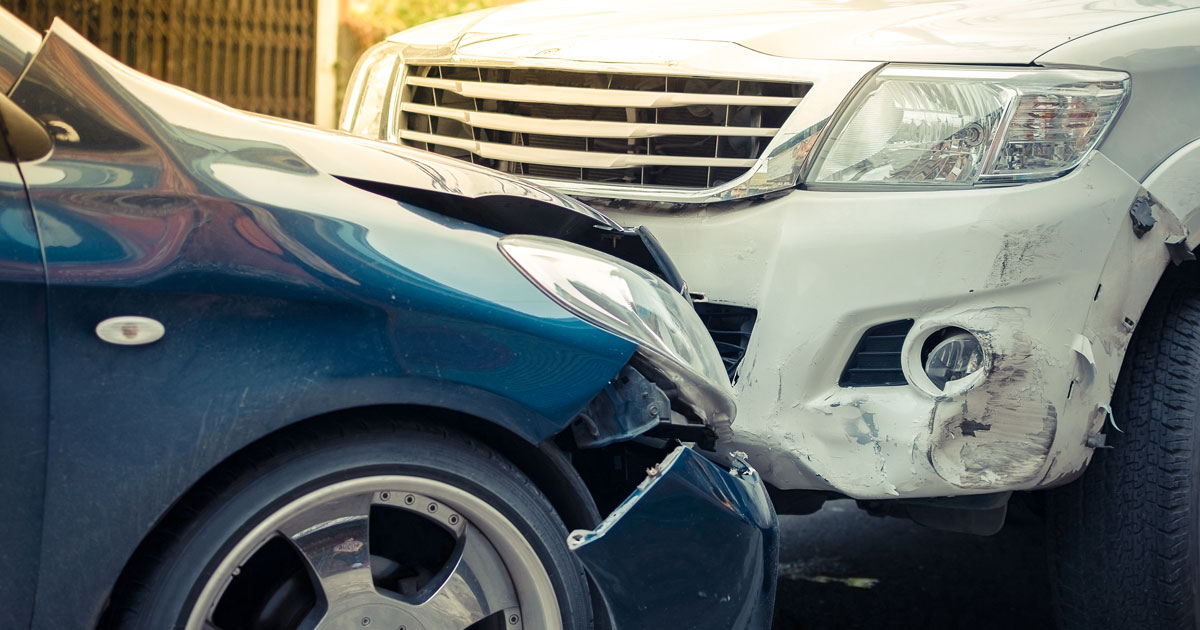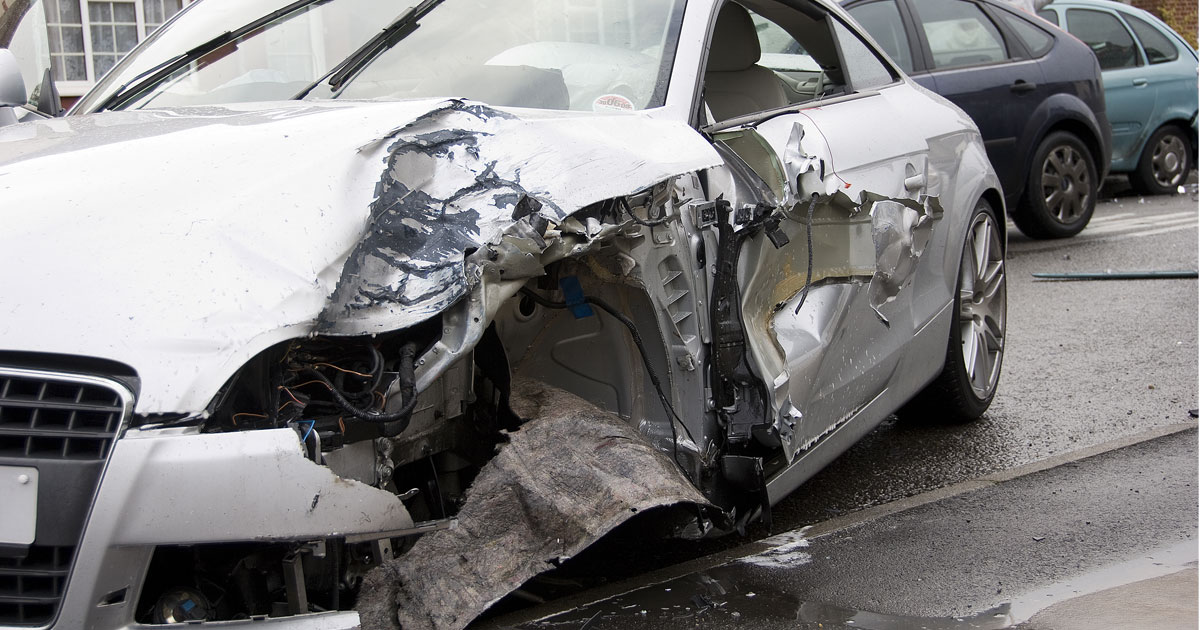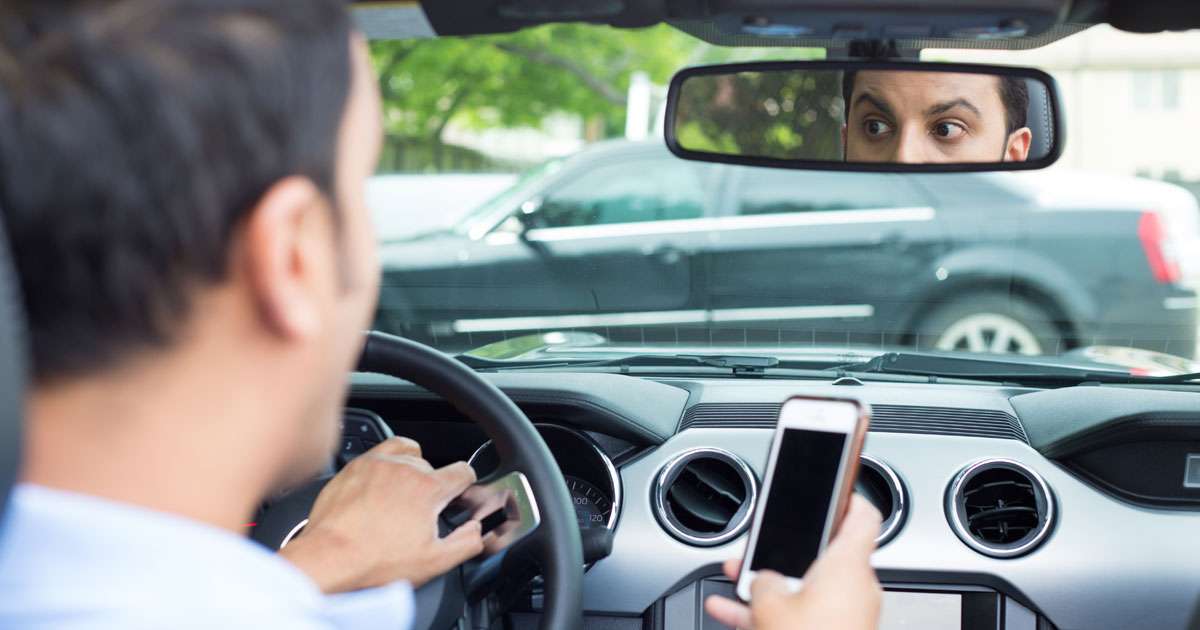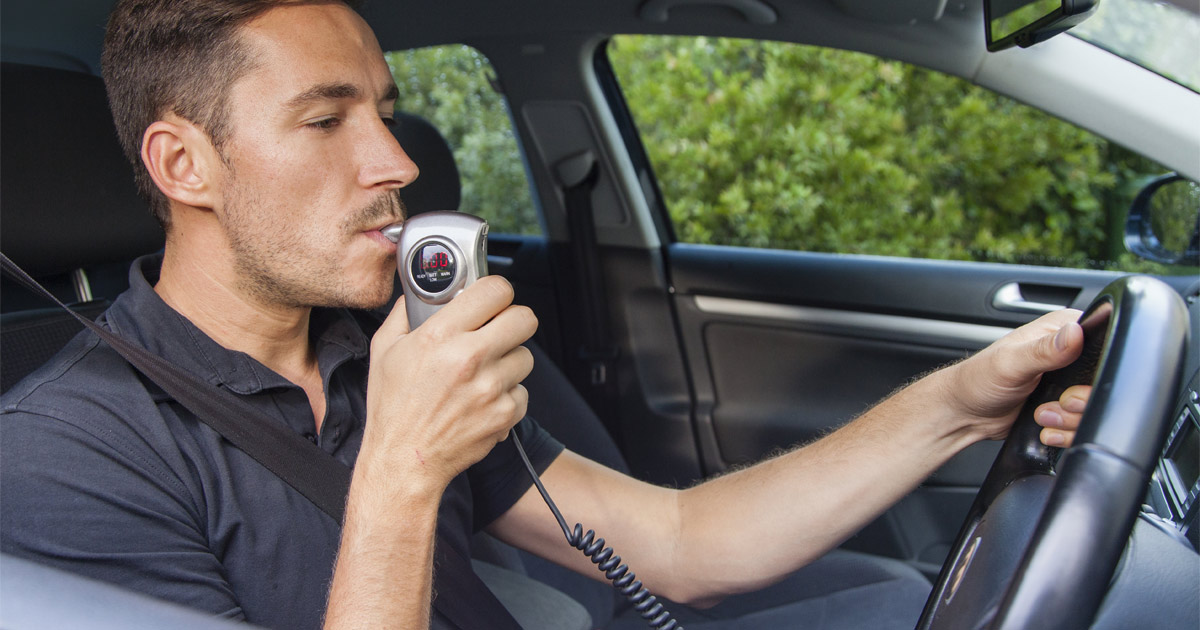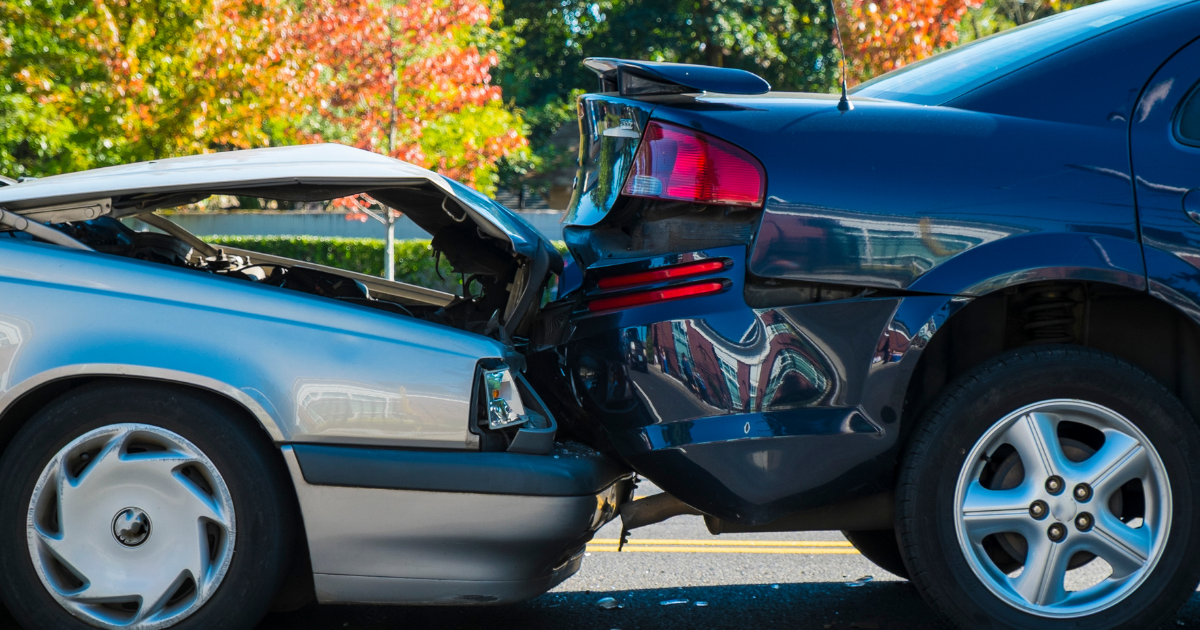Will the 5G Switchover Affect Car Safety?
Many recently and currently produced vehicles have onboard systems that automatically notify first-responders with an accident occurs. Most of those systems used 3G networks to connect to cloud-based communications, while a 5G switchover is on the horizon.
With the recent switch to 5G, systems that used 3G no longer will work when 3G systems are replaced by 5G systems. They cannot communicate over 5G and would require hardware and software upgrades to become compatible.
Or you simply have to go without the potentially life-saving service that could notify emergency personnel if you are in an accident and incapable of calling for help. Many who no longer subscribe
Some overseas airlines grounded their aircraft as a precaution when 5G went live. They were concerned about how the new cloud communications technology would affect aircraft safety. Turns out, there is no real issue with its impact on airplanes.
Your vehicle may be another matter. Newer car models have safety equipment that uses 3G communications technology. The switchover to 5G has many motorists understandably concerned about the possible impact on their safety, which is a legitimate concern. Odds are your vehicle will run and drive just fine. But you could lose your emergency notification system and other features.
An Updated Telematics Control Unit Solves the Problem
Most emergency notification services use a telematics control unit (TCU). Prior TCUs relied on 3G to enable them to communicate outside of the vehicle. But with 5G, that has changed.
So many automakers have offered an upgrade to their TCUs prior to the launch of the 5G system. The upgrades mostly were free and generally were available through February 2022.
But with 5G now in use, the upgrades no longer are free. The cost for a new TCU is about $900. And that cost is stopping many car owners from updating their onboard systems.
Going without the new TCU means your vehicle’s crash-notification system might not work. But if you carry a cellphone, that might not be a concern.
Popular Telematics Systems
Virtually all major automakers include telematics systems in their vehicles. General Motors uses OnStar, which is among the first and most popular telematics systems. Toyota provides its T-Connect system. Mercedes-Benz includes the Tele Aid system in its luxury cars.
There also are commercial versions, like Ford Telematics, that enable commercial operators to track and communicate with their commercial fleets of vehicles. The Ford 911 Assist goes into private passenger vehicles to automatically report accidents when they happen.
Telematics systems have grown as technology has improved. But like all technologies, they eventually become obsolete. And the 5G rollout is putting an end to the 3G-based systems.
Potential Impact of 5G Changeover on Crash-Notification Systems
The systems that mostly are at-risk are those that provide crash notifications and contact emergency services via E911. Whether or not your system is at-risk depends on which brand of vehicle you are driving.
Honda recently provided owners of its models with free upgrades for their systems through Feb. 22, 2022. With that date now passed, it will cost about $900 to upgrade the hardware needed to communicate with 5G systems.
Those who do not upgrade their systems could lose some safety features. But their vehicles will run and drive normally.
You might find yourself in an accident with your car’s emergency notification system no longer working due to the 5G system change. You would need to use your cellphone to call for help.
The 5G Switch Will Not Affect Several Automakers
Owners of Mazda, Ford, and Mitsubishi models are unaffected. The emergency notification systems used in Ford and Mazda models connect to the driver’s cellular phone to send emergency notifications.
Mitsubishi never used a 3G system and instead designed its systems to run without it. That is because Mitsubishi engineers foresaw the potential for changes in cloud-based communications changing rapidly and rendering the systems useless. Mitsubishi vehicles do not use 3G or 5G for emergency communications.
Other automakers certainly have the same technologies in place that make the change to 5G a non-issue for owners of their respective vehicles. But many of the biggest automakers produced vehicles that will be affected.
The world’s largest automaker, Toyota, and its subsidiary Lexus are good examples. Toyota’s Safety Connection emergency notification system and Lexus’ Enform Safety Connect will cease working on Nov. 1, 2022.
Owners of those vehicles will lose all automatic crash-notification services and other features. Toyota officials said circumstances that are beyond the automaker’s control created the problem and they are sorry for any inconvenience.
Safety Systems Remain Unaffected
It is important to emphasize that vehicle safety systems will continue to operate as designed. Blind-spot monitoring, lane-keeping assistance, and other popular and effective safety technologies will continue to work properly.
Those systems do not rely on 3G or other cloud communications to function. As long as your vehicle is running, it will work. It always is possible some other factor could cause them to fail, but it will not be the switch to 5G that causes it to happen.
Unless a sensor goes bad or the equipment is damaged, you should retain all of your active and passive safety features. You might want to carry a cellphone in your vehicle to call for help if you are in a bad accident, though. The loss of the emergency notification systems might make that necessary.
It is safe to say a majority of motorists keep their cellphones with them. So having it in an easily accessible location while driving could provide you with the emergency communications needed to obtain help after a bad accident. Your car just will not do it for you: that only is the case if the automaker has no plans to upgrade your system or if you decide that you do not want to pay nearly $1,000 to ensure the emergency crash notifications continue to work as intended.
Many Carmakers Intend to Upgrade Systems
Some automakers already initiated technology upgrades for their customers that included new hardware and programming. Others are still planning to make the change before November 2022, when 5G systems should have fully replaced the 3G systems that previously handled the majority of cloud-based communications.
You might be determined to keep your crash and emergency notification apps working. You can, with an about $900 investment in new hardware and programming, which will upgrade the current 3G system to regain cloud connectivity.
Some carmakers included the ability to upgrade their emergency communications systems as needed. Those systems will not need the new hardware but should need to upgrade the apps that handle the communications. That helps to keep them compatible with ever-changing communications technologies.
A free upgrade might be available if you have a vehicle that is incompatible with 5G technology. Check with your local dealership to learn more.
Changeover Should Not Increase Driving Risks
The rollover to 5G and the potential loss of emergency communication technology should not make it more dangerous to drive. Many people drive vehicles that do not use telematics (a technology only widely implemented during the past 20 years.) Many new models do not include telematics, and lots of drivers decline the telematic services if they have to pay a subscription fee.
The changeover should be relatively painless and will not affect anyone’s ability to drive. But it still is good to have automatic emergency notifications sent if an accident occurs and you or your passengers are seriously injured. In such cases, the technology literally might be a lifesaver.
Springfield Car Accident Lawyers at Kicklighter Law Help to Hold Bad Drivers Accountable For Causing Accidents.
The experienced Springfield car accident lawyers at Kicklighter Law can help you to file well-supported claims for damages or injuries that you might suffer during a car accident. Call 912-754-6003 or contact us online to schedule a consultation at our law office in Springfield, Georgia. We represent clients in Springfield, Effingham County, Savannah, and surrounding areas.

